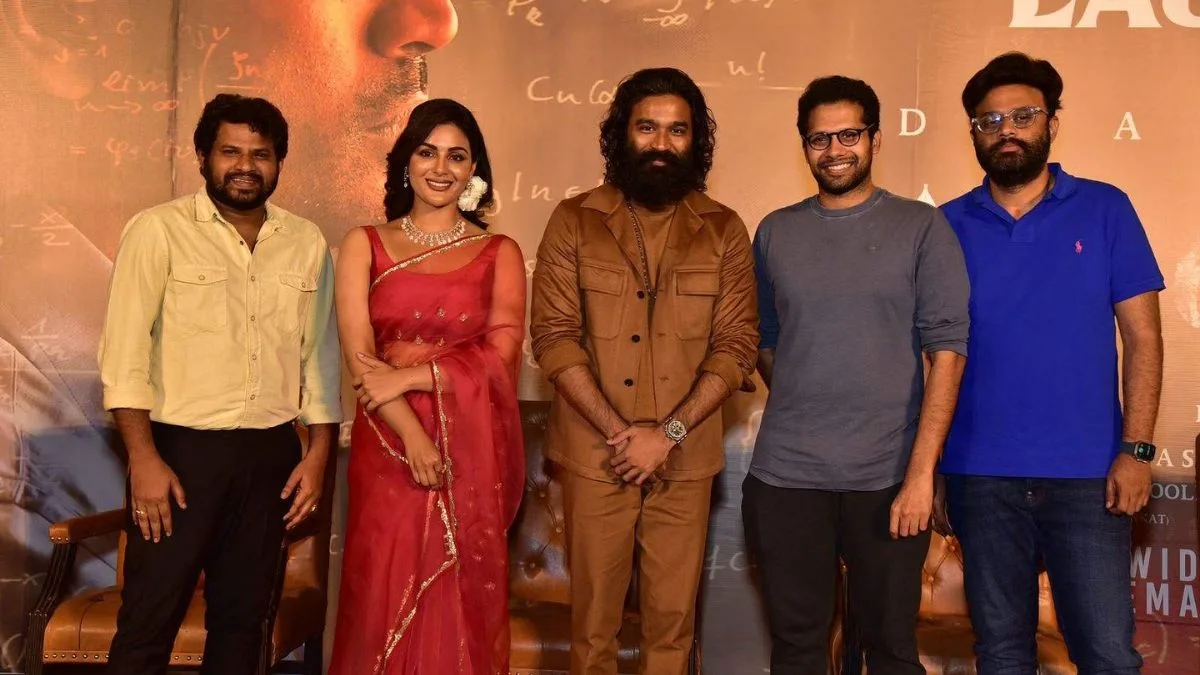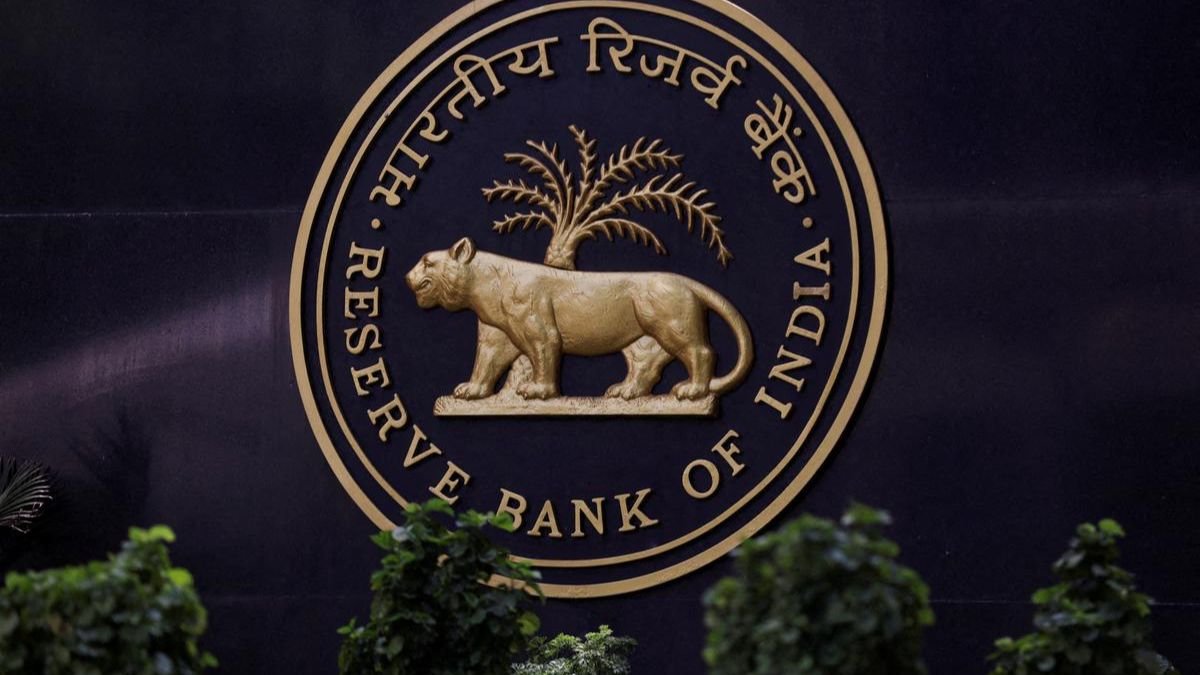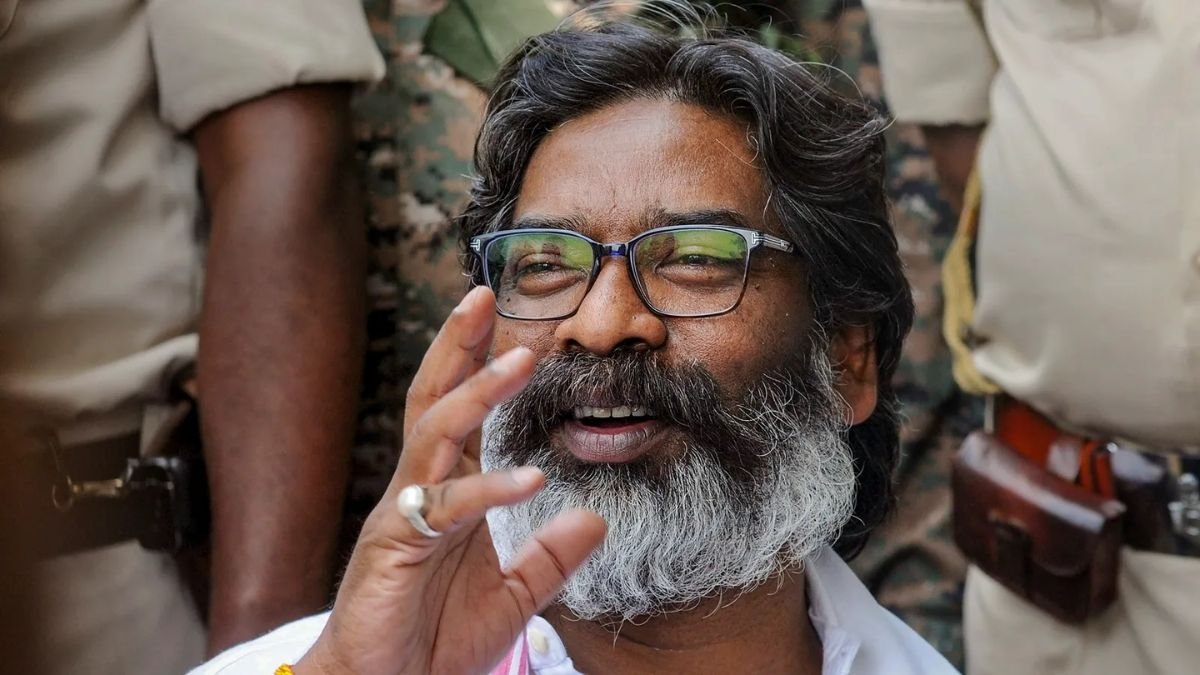Review Of Vaathi: A Missed Opportunity To Address Educational Inequality

Despite being ostensibly comedies, Tamil films frequently feature serious themes, unlike many other film genres. Vaathi, directed by Venky Atluri and simultaneously released in Telugu as Sir, is the most recent example of this industry practise.
Venky Atluri’s first Tamil film is Vaathi; his first Telugu film, Tholi Prema (2018), was a huge success. Vaathi has been widely anticipated because it is Dhanush’s third action film after two flops (Maaran and Jagame Thandhiram).
Vaathi demonstrates that, despite having a fantastic (albeit tried and tested) plot, a tight script is the only thing that works in the end. The film could have been as timely and entertaining as Pa Ranjith’s Kaala (2018) or Lokesh Kanagaraj’s Master (2021).
Vaathi, set primarily in the late 1990s, addresses a problem that persists in India even 75 years after independence from British colonial rule: the denial of educational opportunities to children from low-income families.
The film begins in the present day, with three college students struggling to keep up with their studies when they come across a box of old VHS tapes belonging to one of their grandfathers. They begin watching the tapes, assuming they will contain porn, and are surprised to find a young man explaining mathematical concepts in a straightforward manner. Finding an instructor and scheduling lessons is a top priority for them. After viewing the cassettes, the group visits the office of a District Collector, who proudly proclaims that he was the teacher’s student and knows where the instructor is. The camera then pans to a portrait on his office wall.
That’s the Vaathi right there, Bala sir!
In a flashback, Balamurugan (Dhanush), a junior lecturer at Thirupathi Educational Institutions, is introduced to the audience. His opening scene includes a fight, but the choreography is so bad that it falls flat.
Balamurugan will soon be appointed as a full-time teacher at the local government school in Sozhavaram, a small village on the border of Tamil Nadu and Andhra Pradesh. Srinivasa Thirupathi (Samuthirakani), president of the private schools’ association and head of the Thirupathi Educational Institutions, has agreed to lend a ‘helping hand’ to the failing government schools by assigning some of the private schools’ teachers to work in the public schools. Thirupathi, a man who runs educational institutions solely for financial gain, sends a group of ‘below average,’ ‘underqualified’ teachers to government schools to prevent the government from enforcing a fee regulation bill. Balamurugan, on the other hand, sees this as an opportunity to demonstrate himself and advance in his career because he is unaware of his boss’ strategy.
The film then transports us to Sozhavaram, a place where children do not attend school and instead assist their families financially by performing menial labour. The film then follows Bala sir as he works to ensure that all children have access to a quality education and battles Thirupathi to ensure that his students do as well.
Despite a promising premise and an impressive cast that includes Dhanush, Samuthirakani, Samyuktha, Tanikella Bharani, Aadukalam Naren, Praveena, and Hareesh Peradi, the film falls flat due to poor writing. The dialogue in the supposed moving and thought-provoking scenes is dull and uninteresting.
Dhanush, whose acting abilities have been showcased in films such as Karnan, Asuran, and Maryan, and who knows how to play characters that elicit large crowds, is left standing with his arms crossed, unable to save the floundering Vaathi. After approximately 140 minutes, the film finally delivers some chills when he appears dressed as Raavanan and Bharathiyar (in different scenes).
Venky Atluri, who also wrote the script, fails to make Thirupathi, whose credo is “zero fees, zero education; more fees, more education,” a hateful and menacing character. However, it’s not just Thirupathi; the majority of the film’s characters feel unfinished.
The scene immediately preceding the intermission, which is crucial in these types of action-drama entertainers, is dull and insipid, and the so-called “comedy” scenes are so uninspiring that the filmmakers had to add a laughter track to elicit titters from the audience.
The romance between Balamurugan and Meenakshi (Samyuktha), a biology teacher at the Sozhavaram school, never progresses. After hearing Balamurugan give a (completely uninspiring) speech to the villagers about how Dr. APJ Abdul Kalam became “The Missile Man,” Meenakshi develops feelings for him. This makes their relationship appear tweeny and immature, despite the fact that he falls in love with her at first sight (as is customary).
The score by G V Prakash Kumar is the only redeeming feature of the film, but the director squanders a golden opportunity by shooting the songs in an unimaginative manner.
The art department does an excellent job of recreating a small village in the 1990s, but their efforts are wasted because there are no moving scenes. The bizarre lip-syncing in a few scenes adds to the film’s already poor quality.
Despite the fact that there are only a few memorable scenes that demonstrate the depth of the relationship between Bala sir and his students, the performances of the children in the film make it quite effective. Despite the lacklustre exchanges, the scene in which Bala Sir teaches his students about the evils of caste prejudice gains depth.
It’s also impressive how the creator managed to incorporate virtual education, which became popular after the spread of Covid, into a story set before the internet was invented. To demonstrate the transformative power of cinema, Atluri includes scenes from a movie theatre that has been converted into a classroom.
Still, the movie is “old wine in a broken bottle,” despite its best efforts.
The Hindustan Herald Is Your Source For The Latest In Business, Entertainment, Lifestyle, Breaking News, And Other News. Please Follow Us On Facebook, Instagram, Twitter, And LinkedIn To Receive Instantaneous Updates. Also Don’t Forget To Subscribe Our Telegram Channel @hindustanherald









